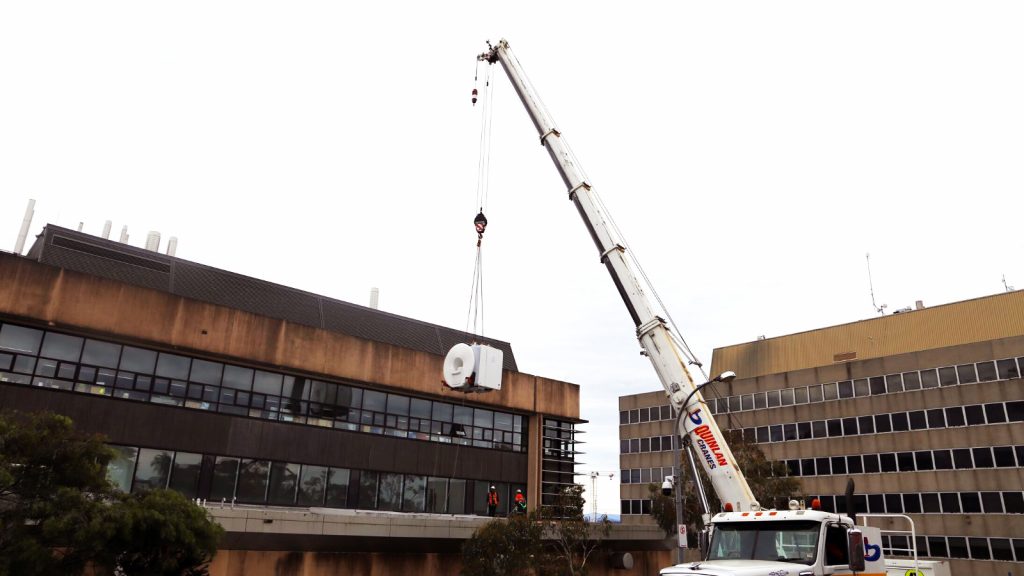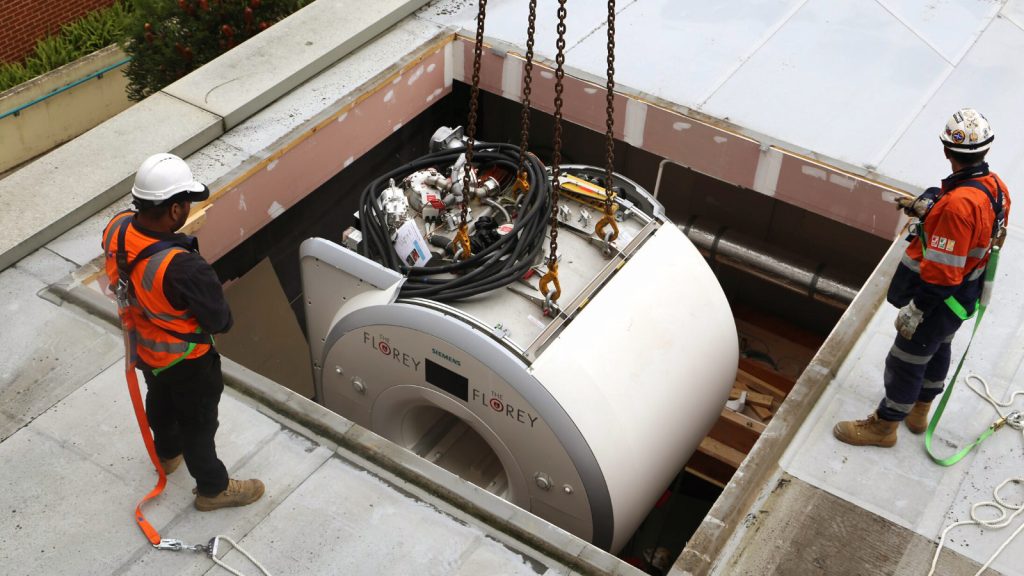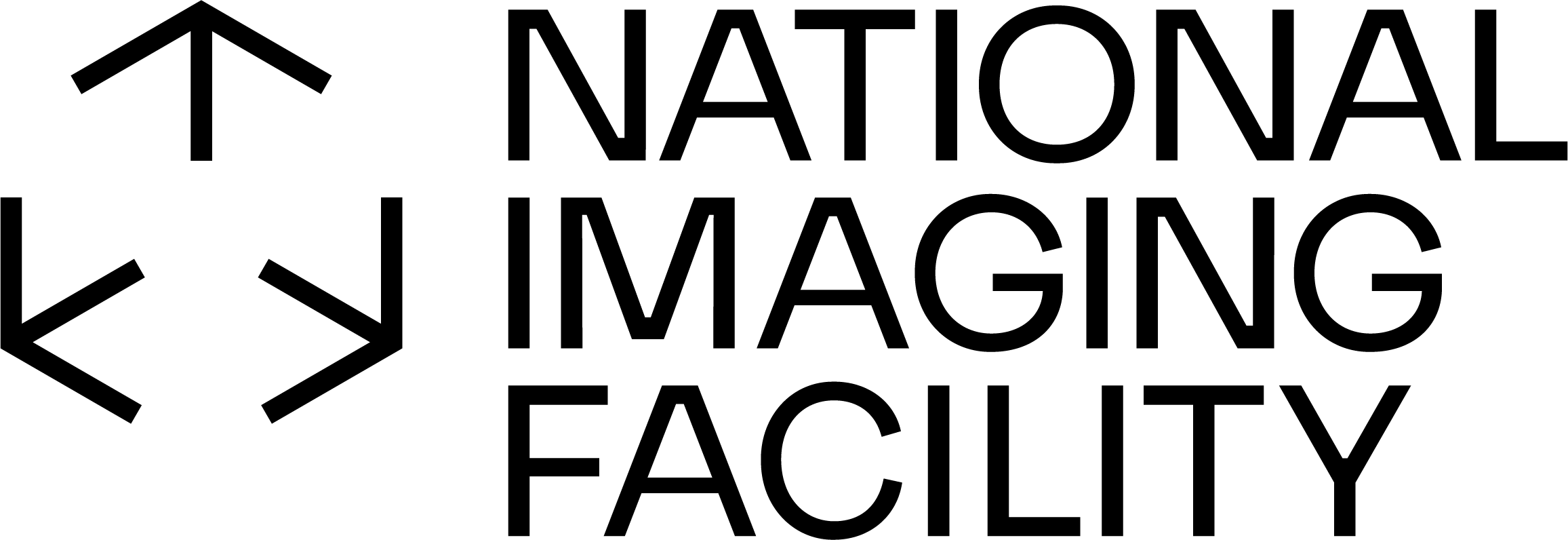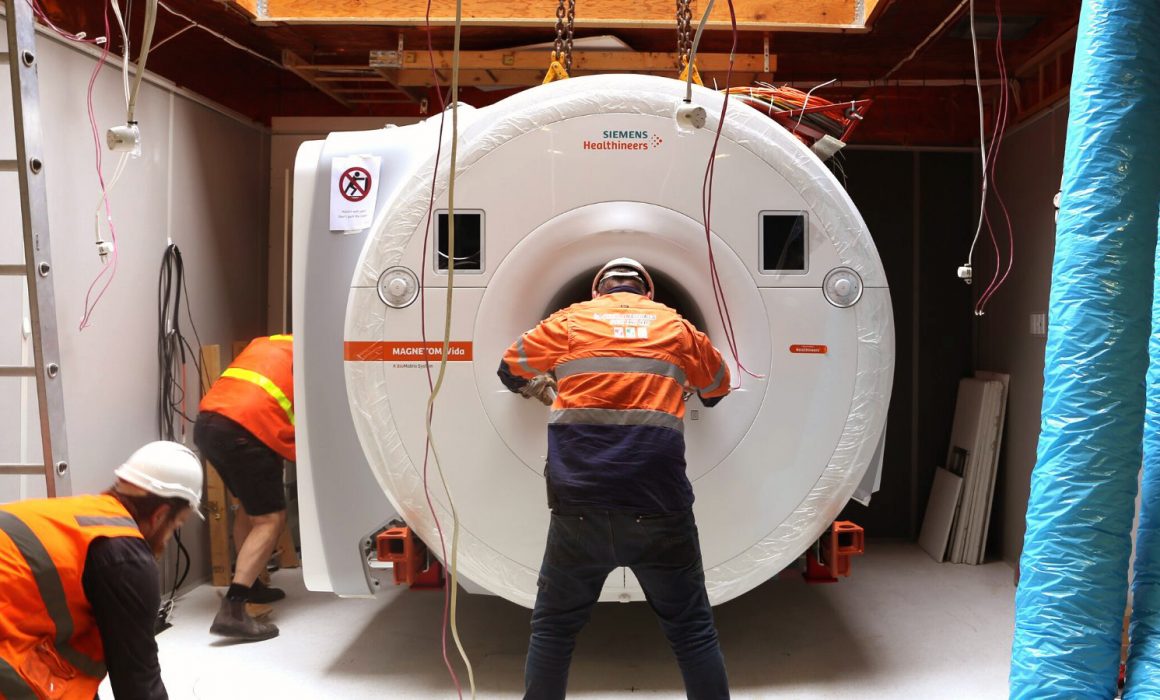Brain insights through imaging to aid epilepsy and dementia diagnosis
Researchers will have new insight into what is happening in the brain, with NIF and The Florey co-investing in a $2.5 million MRI machine newly installed in Melbourne.
The new Siemens Magnetom Vida 3T MRI scanner will enable high-quality personalised exams for clinical research, including as a tool for diagnosing epilepsy, dementia and mental health conditions.

NIF Florey Node Co-Director Associate Professor Heath Pardoe said the machine was part of a collaboration also involving Siemens and Austin Health.
“This installation future-proofs our MRI needs,” Associate Professor Pardoe said.
“MRI technology is vital in giving Florey researchers the knowledge they need for solving brain and mind problems with world-leading neurological research, right here in Melbourne.”
The new scanner has a number of technological improvements over the decommissioned machine it replaces, including improved ability to image white matter pathways – part of the brain architecture that connects neurons in grey matter for organising human behaviour.

With its larger size, the scanner also provides improved patient accessibility and comfort.
It is a vital component of new MRI-guided ultrasound technology to be installed at The Florey next year, enabling a non-invasive procedure using targeted heating of deep brain structures for treating essential tremor and tremor-dominant Parkinson’s disease – without the need for surgery.
NIF CEO Professor Wojtek Goscinski said the investment would enable better integration between basic science, applied science and clinical research.
It aligned with the Federal Government’s 2021 Research Infrastructure Roadmap, which recognises the need to transform scientific discovery into medical products, he said.
“We underpin the nation’s ability to translate research with expertise and equipment such as this, providing better clinical decision-making and better health for all Australians.
“Focused ultrasound is among the fast-moving technologies that is increasingly critical to Australian health and wellbeing because it is so flexible and can offer minimally-invasive alternatives to surgery.
“There are more than 150 disorders being investigated, new treatments being developed, or being applied using focused ultrasound – for tumours, trauma, pain, brain degeneration and movement disorders.”



